Disco-Plus
It seems like an increasing number of manufacturers have come about to realise that adding an extra pair of seats to a car that has a “behind” adds to its value proposition. The Land Rover Discovery Sport is no exception.


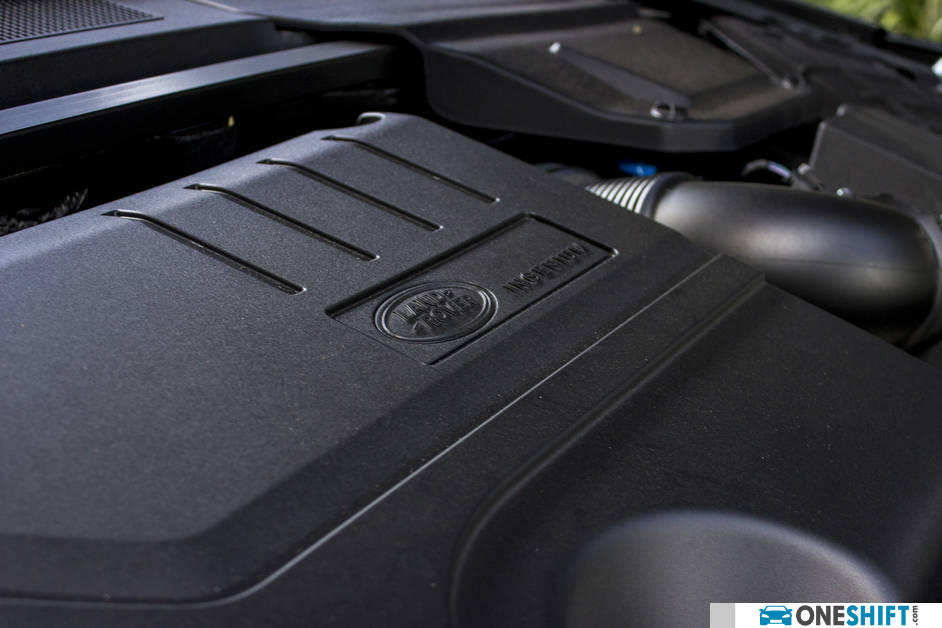
The new Ingenium 2.0 engine whips out 240ps and a healthy dab of 340Nm of torque, which is available at just 1,250rpm. Delivery to all four wheels is done via a ZF-built 9-speed automatic. With this many gears, it is no surprise that they are closely-stacked, with the first gear ensuring a good build of revs, while higher gears are taller, for smoother cruising. Century sprint timing is rated at 7.9 seconds, quite healthy if I do say so myself.
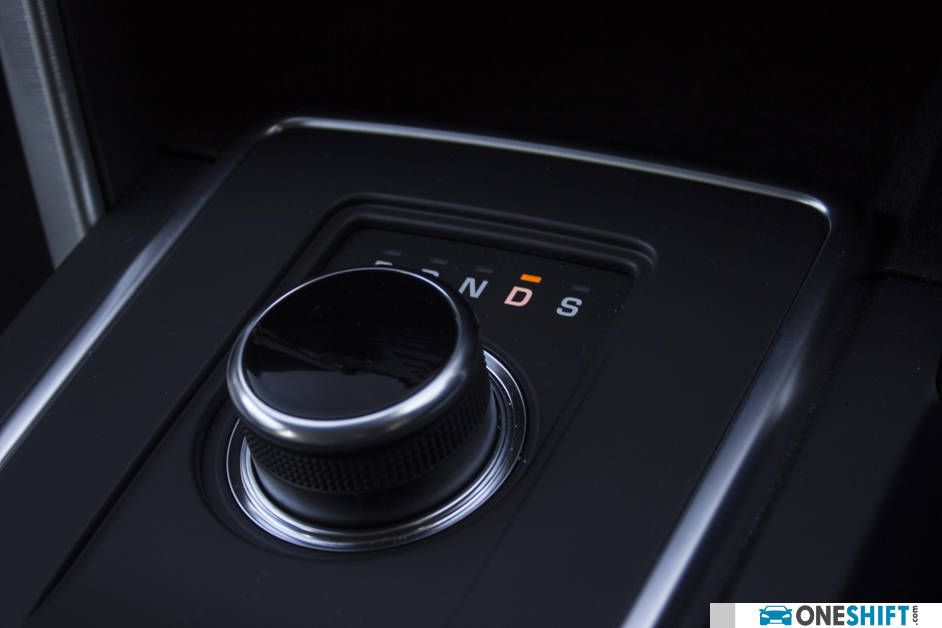
The Disco’s ride comfort is certainly one of the qualities we enjoyed, while the suspension may not be the electronic adjustable air unit found in its larger sibling, the Sport’s fully independent system provides very good road response, without the ride ever coming across as jarring. There is also an available Magneride suspension system, which would further improve driving dynamics.
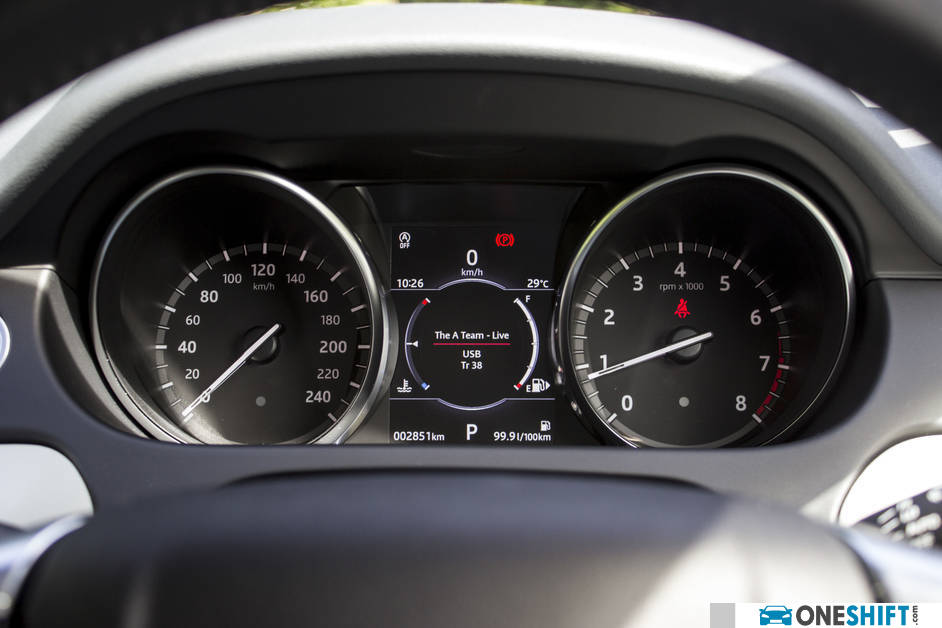
Staying true to doing what Land Rover is made to do, the Sport is able to wade to a maximum of 600mm, and the car can be set through its Terrain Response to cope with conditions from general driving, sand, mud and ruts and loose surfaces like gravel and snow. Adding to vehicular dynamics, the Discovery Sport also features torque vectoring, which helps to constantly balance torque between all four wheels, to improve on grip and steering, no-matter the terrain.
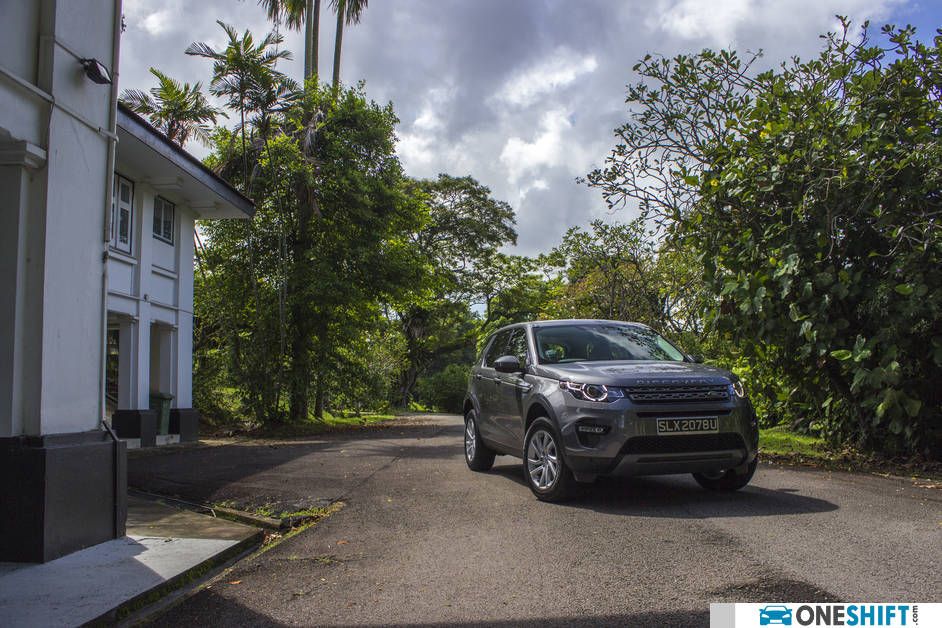
Its 211mm ground clearance, together with a 25 degree angle of approach and 31 degree departure angle and is able to tackle gradients of up to 45 degrees, ensures that the Sport is able to deliver extremely well on its off-roading intent; while the independent suspension provides the wheel articulation the car will need, for optimum surface contact.
But off-roading aside, the Discovery Sport is easy to drive in the city. Cabin noise is very minimal, with only the throaty 2.0 getting a little vocal above 3,000rpm, which is actually quite pleasant to hear. For added efficiency and reduced component wear, the Disco’s four-wheel drive system is able to disengage at speeds above 35km/h, and can reengage within 350 milliseconds if any wheel slip is detected; a notable plus considering that you will be on the road most of the time.
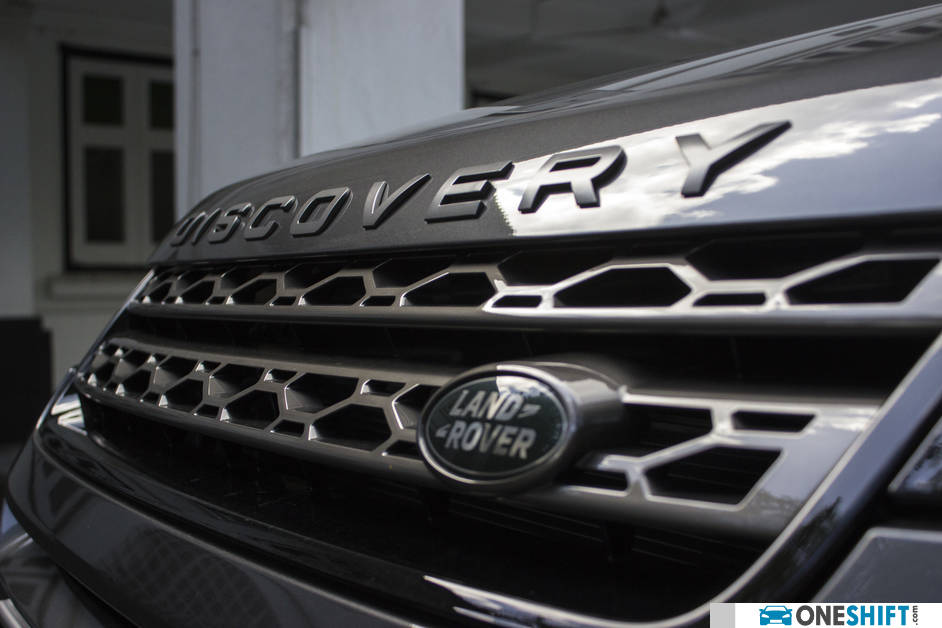
With the addition of the +2 seating, the Discovery Sport makes for an even more sensible premium SUV. We could go in the other direction of the Mazda CX-9, which has better people carrying ability and comes at a lower price, or Volvo’s luxuriously appointed XC40 with bells and whistles-kitted R-Design trim.
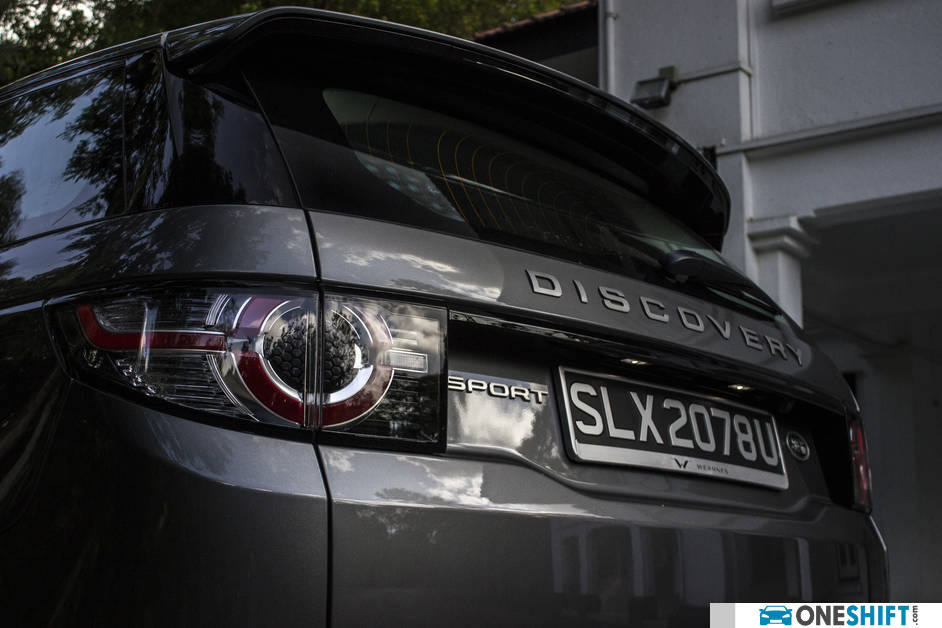
The Disco however, does come with that added dimension of off-roading credibility, which also adds to a little more fun to the car. While perhaps most owners will not put most of its capabilities to good use, there will be some, who are a little more adventurous, and will jump at the opportunity to take the Disco Sport to a less beaten path up North.
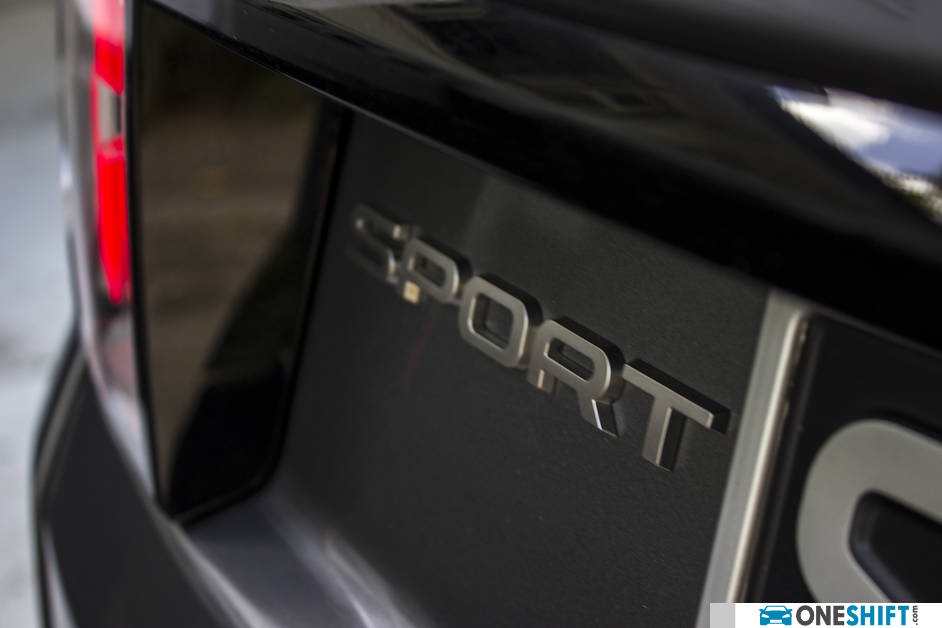
Credits:







- Convenient and Hassle-Free
- Consumer Protection
Transparent Process
With No Obligation


Get the Best Price for your used car
from 500+ dealers in 24 hours








